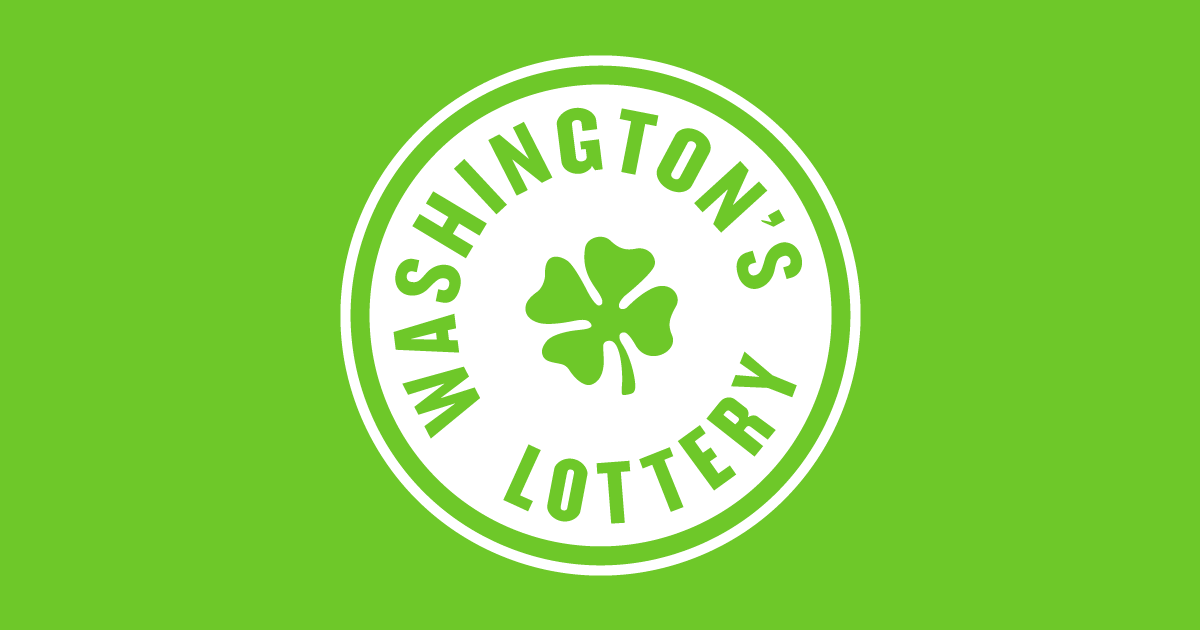Issues on Aging: Scams, scams, scams
Published 5:00 pm Monday, June 23, 2008
Hurry, hurry, hurry, step right up! Are you tired? Filled with aches and pains? Do you have neuritis, neuraligia, tired blood, gout? Do you want to have renewed vitality and look and feel years younger? Doctor Doober’s Magic Tonic does it all! It’s tasty and miraculous! The medical community doesn’t want you to know about this, and for a small fee …
Some scams are obvious. Some are just odd. And some are extremely slick and timely. Now you might not fall for it when someone representing something you’ve never heard of suddenly gives you a call. Or when a phone call comes in saying just give me all your credit card information and I’ll send you “free” stuff.
You probably also realize that if someone contacts you and tells you that you’ve “won” something (you didn’t enter any contest), but first you have to pay a “relatively small” amount in order to process your prize – that something’s not right.
Unfortunately, each of these types of scams has been successful to some degree, but Doctor Doober has learned some new tricks since the patent medicine days.
One example that recently came in front of me was regarding Medicaid cards. The state will be sending out Medicaid identification cards this year, and these will replace the former mailed coupons Medicaid recipients have been using. They will be swiped through the cardreaders at the doctor’s office and will undoubtedly reduce costs in printing, mailing, etc.
You may not have heard of this yet, but scammers have. They are very good at keeping up with current trends – and finding ways to rip folks off. And they’ve already discovered this. The example given was of an individual in Yakima (if it can happen there, it can happen here) who received a phone call – ostensibly from DSHS.
The scammer stated he was calling to obtain credit card information in order to cover a “small fee” for the new cards. Fortunately, the information was not given. Obviously, Medicaid will not call and ask you for money and the new cards are free – as I mentioned, they will actually save the state money.
Another example that we’ve seen in the past (and if it works at least sometimes, scammers will continue to try it) is someone professing to be from Medicare gives you a call wanting your personal information, Social Security number, etc. As another column-writer in our agency points out: “Think about it: Why would Medicare want your Social Security number? They already have it!”
Scammers, like the rain, seem to always be with us. Just as we can protect ourselves from getting wet, we can also keep from getting scammed. Information and common sense are the keys. And you have them.
First, never give your personal information over the phone. Secondly, never hesitate to hang-up and contact your Social Security office – or whichever agency the caller pretends to be with. Finally, when you do find that a scam attempt has been made, tell someone – or everyone! In the example above about the Medicaid Card, a fraud hotline is available at 800-562-6906. Medicare Fraud may be reported to your local Social Security office or at 800-397-4422.
Scammers like to fly low and unnoticed – obviously this works best for them. Let’s keep them on their toes for a change.





